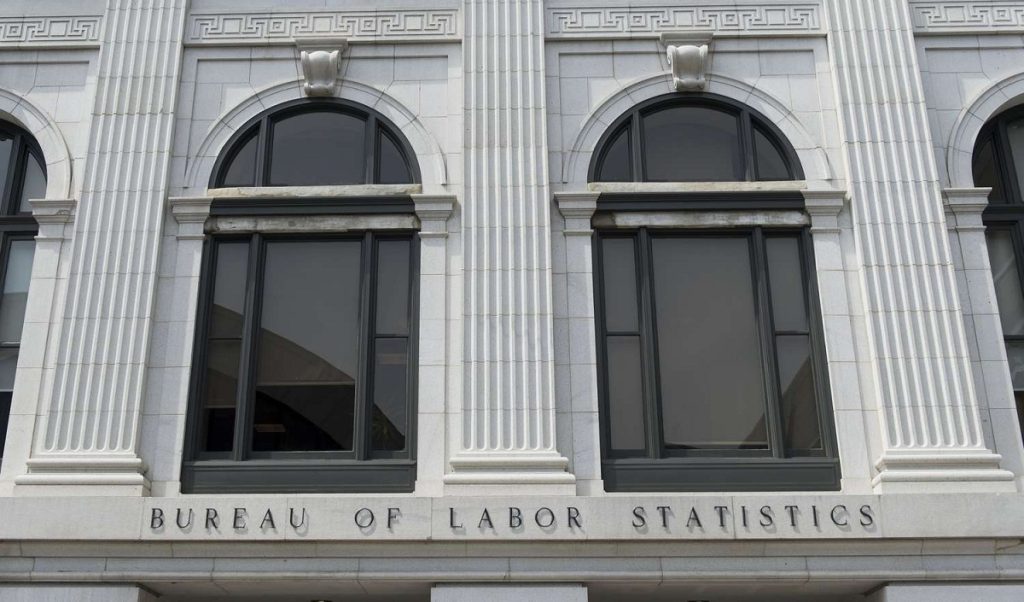Global Economic Shifts: U.S. Inflation Slows, Trade Tensions Rise, and Emerging Markets React
September’s lower U.S. inflation offers brief relief to global markets amid Washington’s shutdown, U.S.-Canada trade friction, China’s slowdown, and major shifts across emerging economies.

A recent report by the U.S. Bureau of Labor Statistics showed that inflation in the United States slowed more than expected in September — a sign that could give the Federal Reserve greater flexibility to cut interest rates during its meeting next week.
The core consumer price index (which excludes volatile food and energy components) rose by 0.2% from August, a smaller increase than previously forecast. The report, initially scheduled for release on October 15, was delayed due to the ongoing partial government shutdown.
On an annual basis, U.S. inflation reached 3% in September compared to the same month last year, up slightly from 2.9% in August. The figures came in below economists’ expectations of a 0.4% monthly rise and 3.1% year-over-year increase.
According to Bloomberg, the unexpected reading was welcomed by several policymakers hesitant to accelerate rate cuts. Investors are now betting on an additional rate reduction in December if no new price data is released next month.
Experts say the slowdown in U.S. inflation provides global markets with a “temporary breathing space,” while also exposing the fragility of economic growth in major economies—from the U.S. to China.
Meanwhile, the ongoing government shutdown in Washington and rising trade tensions with Canada have made it increasingly difficult to define a clear path for U.S. monetary policy in the coming months.

Trade Dispute with Canada
Canadian Prime Minister Mark Carney announced that his country is “ready to resume trade negotiations when the Americans are prepared,” just hours after U.S. President Donald Trump declared the talks suspended.
Carney stated that previous discussions had made “substantial progress” in steel, aluminum, and energy sectors, affirming that Ottawa stands “ready to build on that progress once Washington is prepared to continue.”
Data from the Bloomberg-Nanos Canadian Confidence Index show that public economic sentiment in Canada has become more pessimistic as the trade standoff drags on. Interviews with 1,000 participants revealed weakening confidence in the economy’s performance over the next six months.
Investment Slowdown in Asia
In Asia, data from China’s National Bureau of Statistics revealed that Chinese investments dropped by 0.5% in the first nine months of the year compared to the same period last year — marking the first decline since 2020.
However, China’s GDP grew by 4.8% year-over-year in the third quarter, slightly exceeding expectations thanks to a surge in industrial exports. Yet, closer analysis shows the recovery is far less optimistic. Reports indicate that ship waiting times at Chinese ports have risen to their highest levels this year, after Beijing imposed new tariffs on U.S. vessels, worsening congestion and disrupting global trade.

Emerging Markets
Wage increases in Argentina remain minimal compared to inflation as the country faces midterm elections that could derail President Javier Milei’s radical free-market experiment.
Gold prices continue to surge, generating unexpected profits across emerging markets and boosting investor confidence in gold-producing nations. In South Africa, home to the world’s deepest gold mines, mining stocks such as Sibanye Stillwater Ltd., AngloGold Ashanti PLC, and Gold Fields Ltd. have tripled in value, marking the best performance in two decades.
Egypt’s liquefied natural gas (LNG) imports have surged in the past two years, surpassing Kuwait to become the region’s largest buyer. Domestic demand growth and a 10% annual decline in production have turned Egypt into a net importer to avoid a supply crisis.
Swiss watch exports fell in September following a 39% tariff imposed by the Trump administration on imports from Switzerland—the U.S. being the largest market for the industry.
In the U.K., London housing prices recorded their first decline since July 2024, dropping 0.3% year-on-year in August, according to the Office for National Statistics. Rents continued to rise, though at the slowest pace since 2022.
For decades, global bond funds have been lured—and burned—by Japan’s so-called “widow-maker” trade: shorting Japanese government bonds in anticipation of falling prices. Ironically, this strategy has recently turned into one of the most profitable bets in the global bond market.
Finally, China has suspended soybean purchases from the United States and has not yet bought a single shipment from this year’s harvest. Each fall, U.S. farmers produce a soybean crop larger than the size of Arizona—but this year, their biggest customer has pulled out.
Meanwhile, central banks in Hungary, Indonesia, South Korea, Ukraine, Uzbekistan, and Paraguay kept interest rates unchanged this week, while Turkey and Russia moved to cut borrowing costs.



